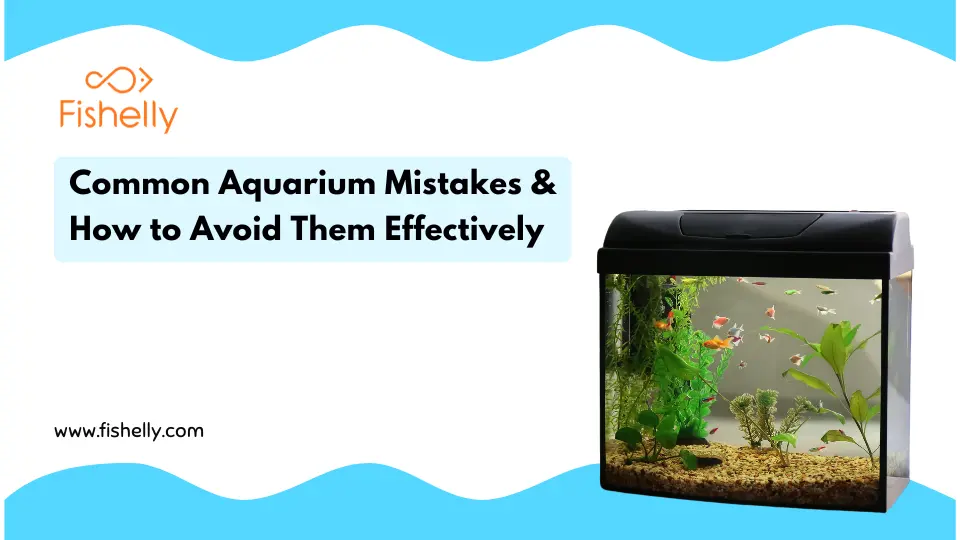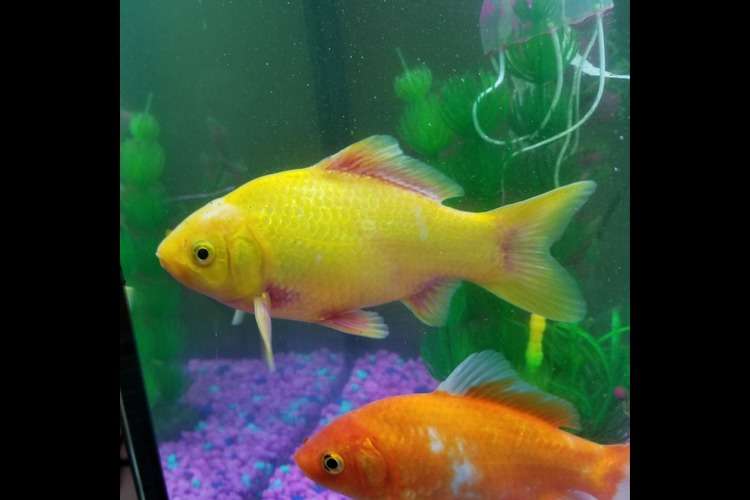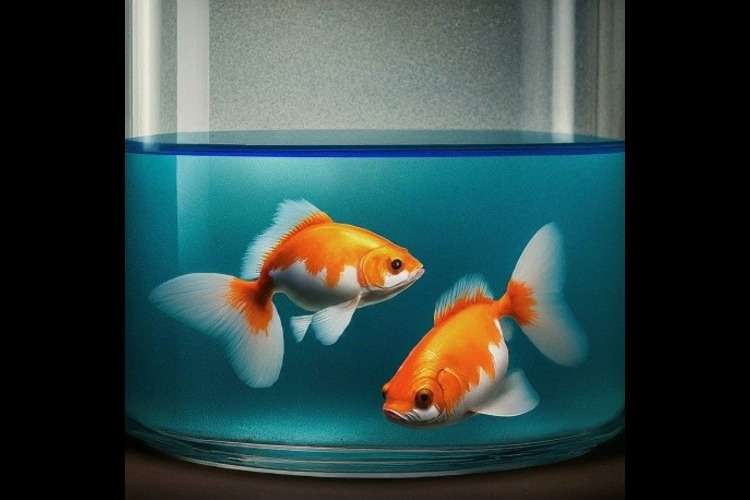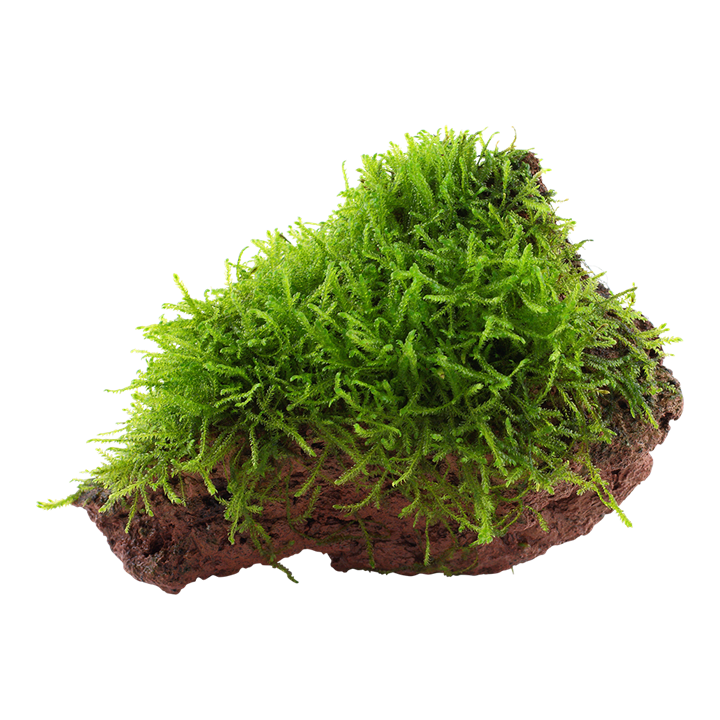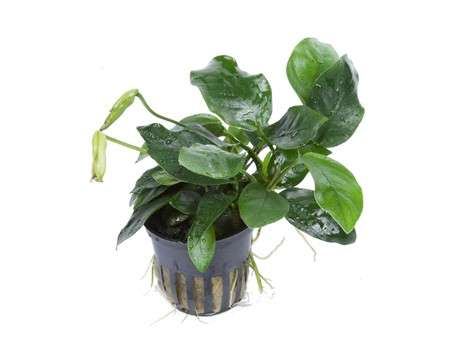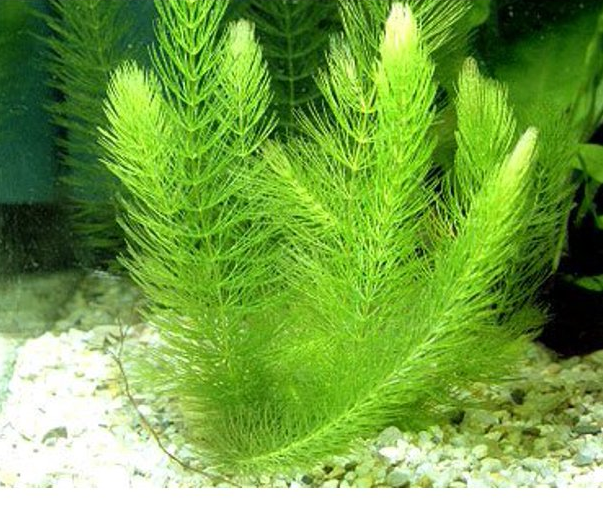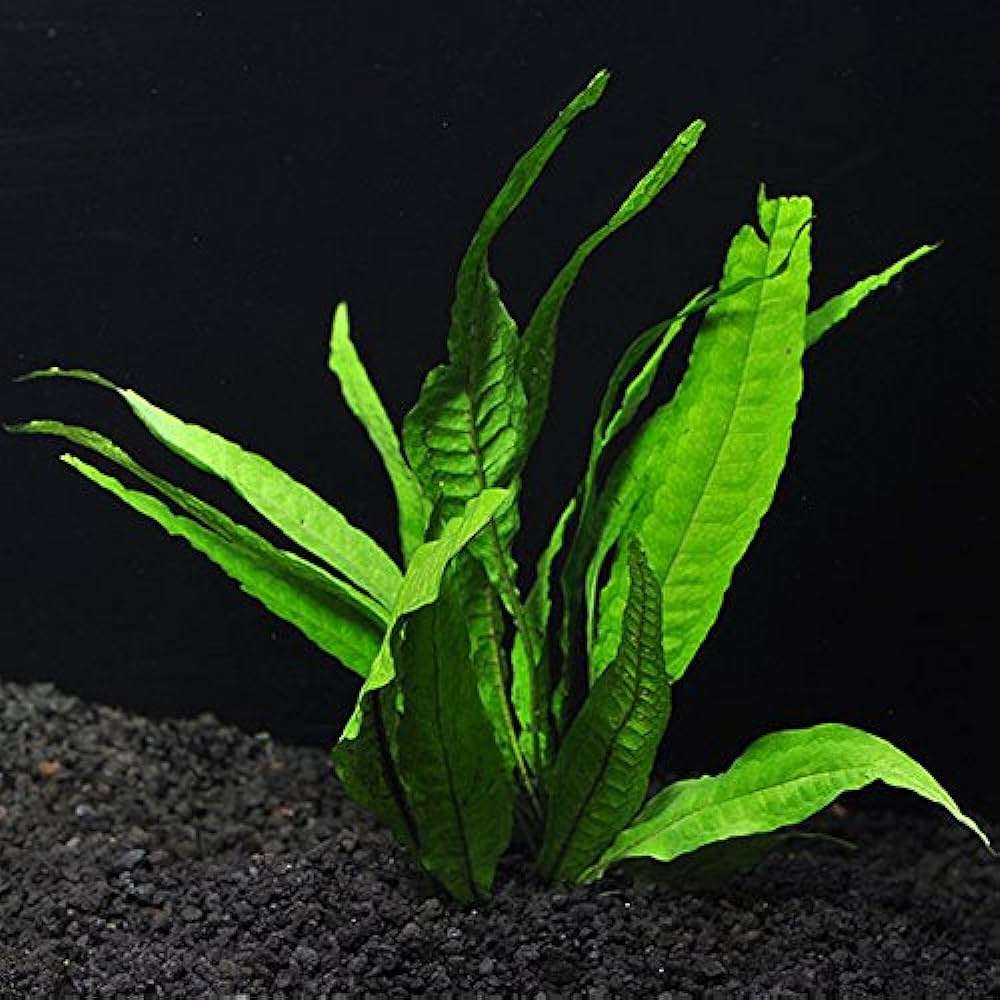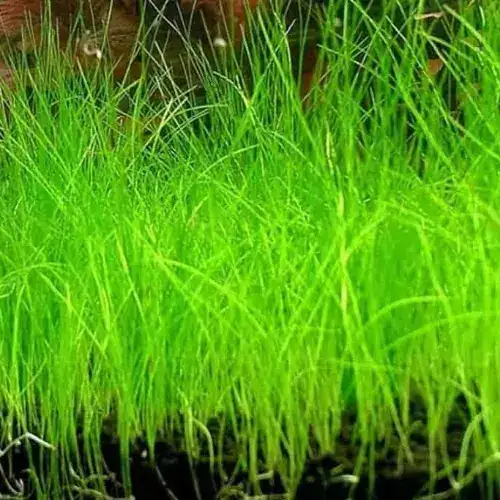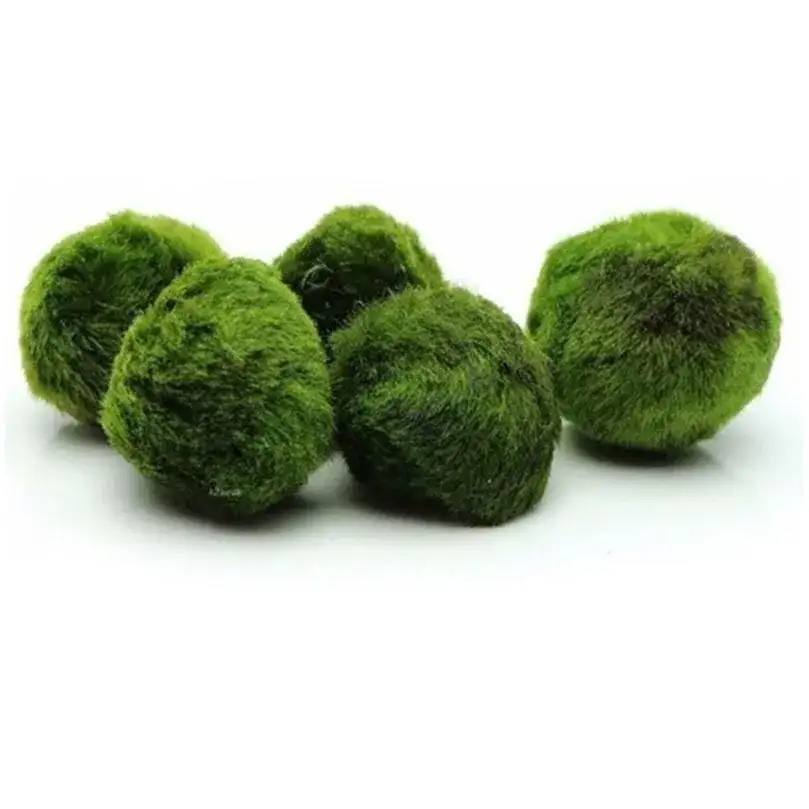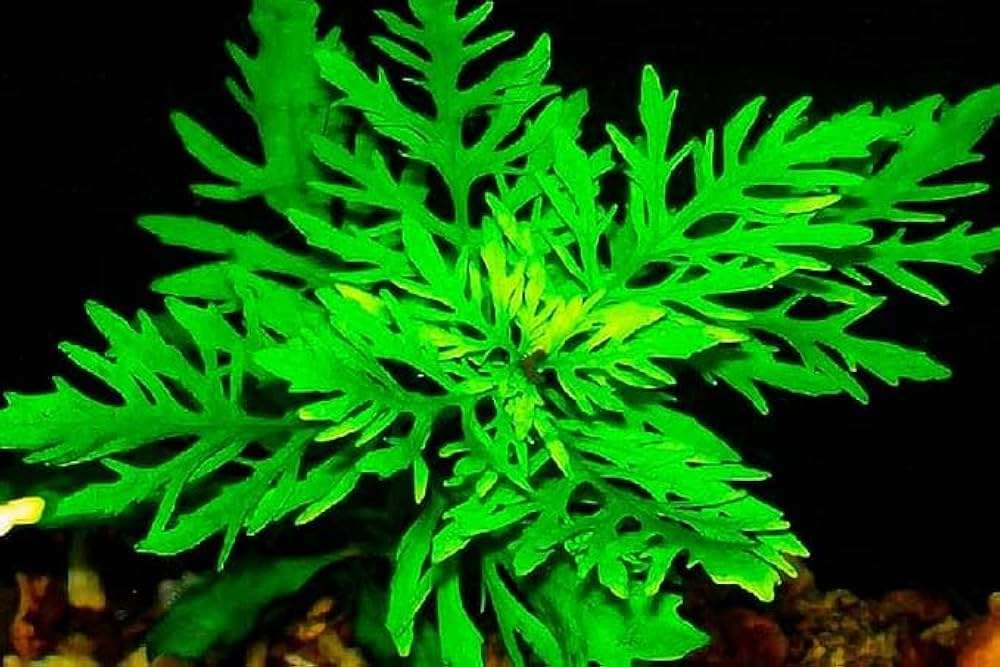Common Aquarium Mistakes & How to Avoid Them Effectively
Avoid the most common aquarium mistakes with expert tips on overfeeding, overcrowding, and water changes. Create a healthy, thriving environment for your fish.
Table of Contents
- Overfeeding Fish
- Poor Filtration
- Not Cycling the Aquarium Properly
- Improper Water Parameters
- Ignoring Regular Maintenance
- Overstock of Fish in Aquarium
- Misfit Tankmates
- Wrong Light
- Unused Tap Water
- Not Caring for Fish Health
- Faq
- Conclusion
Owning an aquarium can be the most satisfying experience, as it brings the soothing beauty of marine lives into your home. However, even hobbyists may home in on minor errors-affecting the healthiness and wellbeing of the fish and plants. This blog will cover some of the common aquarium mistakes and how effectively to avoid them.
Overfeeding Fish
Feeding fish is perhaps one of the gravest of aquarium mistakes. More often than not, though, people overfeed fish simply because they can't help but want to give them extra food. Not only will overfeeding pollute the water with excess food that will turn rancid, creating a harmful environment for the fish, but if not removed, uneaten food may decay and cause a surge in toxic buildup, such as ammonia.
What to Do:
• Add food that the fish will finish within a period of 2-3 minutes.
• Remove food not eaten after that time period.
• Do a bit of homework to find out what governs the fish's diet and proper portions regarding its species.
Poor Filtration
A good filtration system is essential to ensure clean, healthy water. Without proper filtration, toxins, waste, and debris will build up, resulting in polluted water and stressed fish.
What to Do:
• Get a filter suitable for the size of your aquarium and number of fish.
• Clean and maintain your filter regularly to avoid any miscellaneous issues.
• For larger tanks or above-average stocked aquariums, think about adding a second filter.
Not Cycling the Aquarium Properly
Cycling is the setting up of beneficial bacteria within your fish tank that helps break down harmful waste products like ammonia and nitrites. It is very bad to skip or rush cycling because this will lead to dangerous spikes that can kill your fish.
How to Avoid It:
• Be patient and Cycle for not less than 3-4 weeks before putting any fish.
• Test the water routinely for the safety of ammonia and nitrite content.
• You can also try beginning with hardier fish species that are able to tolerate destabilization in the early stages of the cycle.
Improper Water Parameters
Every species of fish demands a certain range of water conditions such as temperature, pH, and hardness. Not monitoring and making sure these parameters are well-adjusted puts the fish under stress and makes them more prone to diseases.
How to Avoid It:
• Invest in good water testing kits so you can always check the water parameters in your aquarium.
• Research the best water conditions that match the species you want to have in your tank.
• Use heaters, air pumps, or water conditioners to make sure that the parameters of water are stable.
Ignoring Regular Maintenance
So, regular cleaning of the aquarium will keep the water quality in good condition, as cleaning suboptimal water conditions, not changing water regularly, not cleaning the filter regularly, or not cleaning grime will create a cauldron of environmental evils affecting your fish.
How to Avoid It:
• Engage in regular partial water changes (about 25-30% of tank volume) every 2-3 weeks.
• Make sure the substrate and ornamentation do not produce excess algae and debris.
• Monitor water clarity and more frequently change the water in case overstocking occurs.
Overstock of Fish in Aquarium
Overstocking, leading to increased waste and lowered oxygen levels, is the process of adding more fish than the aquarium can handle. This kind of overstocking leads to stress and aggressive dealings with fish.
How to Avoid it:
• While the idea of one inch of fish per gallon is generally sound, some things need to be taken into account when stocking the tank.
• Add a few fishes at a time instead of a large batch.
• Monitor regularly how fish behave and their water parameters for compatibility.
Misfit Tankmates
Not all fish get along in an aquarium. Some might be territorial while others aggressive. Mixing incompatible fish will result in stress to the fish, injury, or even death.
How to Avoid it:
• Research each species for temperament and tank requirements.
• Do not mix aggressive or territorial with peaceful fish.
• If in doubt, consult your local aquarist or search online forums for more information.
Wrong Light
Lighting is very important for plant health along with making your aquarium beautiful but can be the bane of algae or failing plants if the lighting is wrong.
How to Avoid it:
• Choose the right types of light for your aquarium type, whether it is fresh or saltwater or a planted tank.
• Make sure your tank gets enough light-not too little, as this won't promote growth, or too much, as this prompts algae growth.
• Install a timer to ensure the lighting is consistent and doesn't stay too long on.
Unused Tap Water
Tap water is usually chlorinated or treated with chloramine and several other chemicals, all of which act against fish or plants. Standard-grade unconditioned water, when used for aquariums, can cause stress or death among the aquarium fish pets.
How to Avoid It:
• Use a water conditioner such that it neutralizes harmful chemicals that can be added before putting in your tap water to the tank.
• If feasible, regularly test your tap water to know about its contents.
• Use filtered or distilled water in place of tap water for more sensitive species.
Not Caring for Fish Health
Sometimes, fish owners overlook their pets' health until visible signs appear. Symptoms related to animal sickness are often too subtle for someone to realize that they are witnessing the onset of something that can quickly spiral out of control.
How to Avoid It:
• Regularly monitor your fish for signs of disease, including abnormal swimming patterns, discoloration, or lesions.
• Quarantine any newly acquired fish before introducing them to your main tank.
• Keep a small fish first-aid kit in your aquarium supply storage.
Faq
1.What happens if I overfeed my fish?
Overfeeding pollutes the water and can harm your fish by causing toxin buildup.
2.How can I avoid overfeeding my fish?
Feed only what fish can eat in 2-3 minutes, and remove any leftover food.
3.Why is filtration important?
Proper filtration removes toxins and keeps the water clean, ensuring fish health.
4.What should I do for proper filtration?
Choose the right filter for your tank size, and clean it regularly.
5.Why is cycling important?
Cycling establishes beneficial bacteria that prevent harmful toxin spikes.
6.How can I cycle my aquarium?
Cycle for 3-4 weeks before adding fish, and test water for ammonia/nitrites.
7.What water conditions do my fish need?
Each fish has specific temperature, pH, and hardness needs for optimal health.
8.How can I maintain water parameters?
Use test kits and adjust with heaters, pumps, and conditioners as needed.
9.How often should I clean my aquarium?
Do partial water changes every 2-3 weeks and clean the substrate regularly.
10. What’s wrong with overstocking?
Overstocking leads to waste buildup, stress, and aggression in fish.
11. How can I avoid overcrowding?
Follow the "one inch per gallon" rule and monitor fish behavior.
12. Can different fish species live together?
Some species are incompatible and can cause stress or injury.
